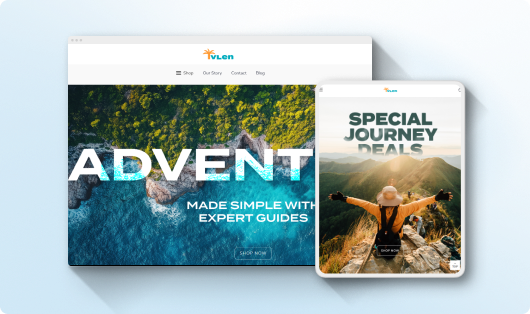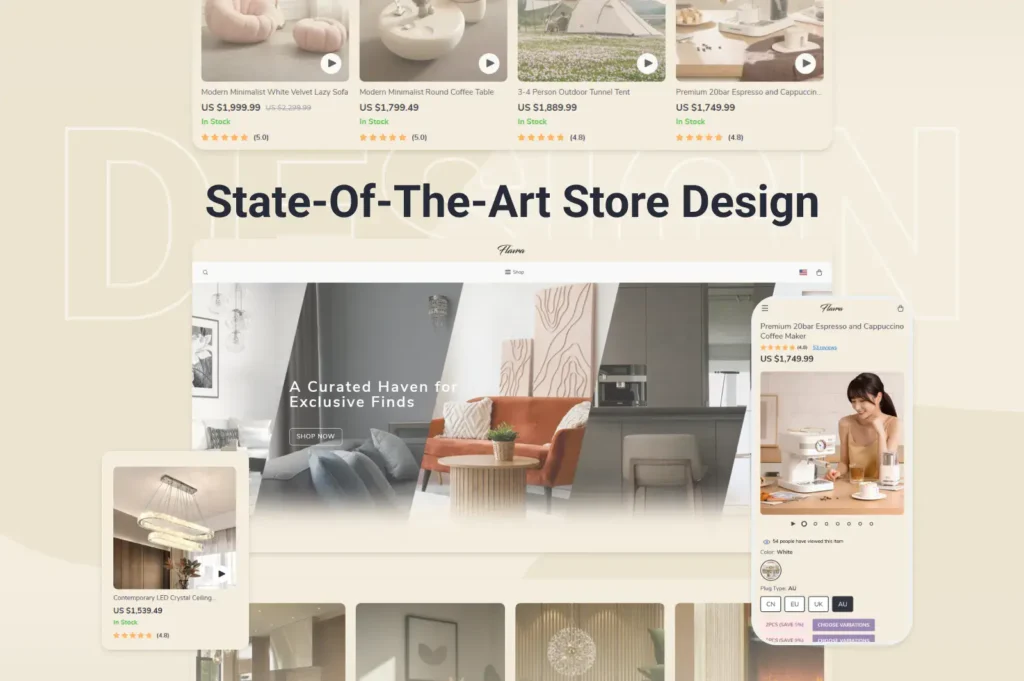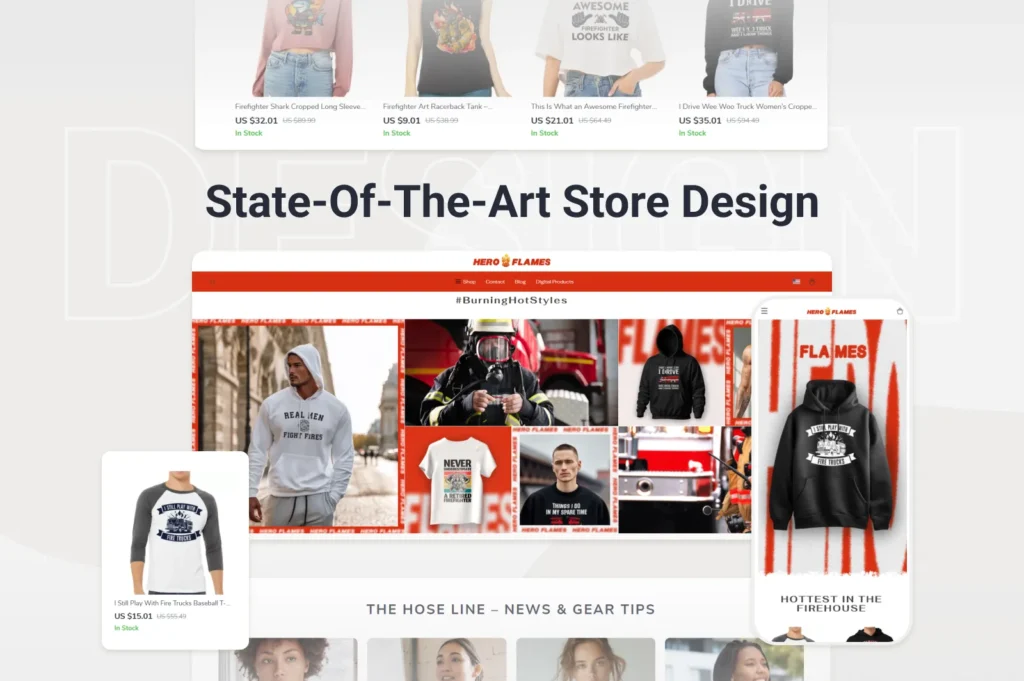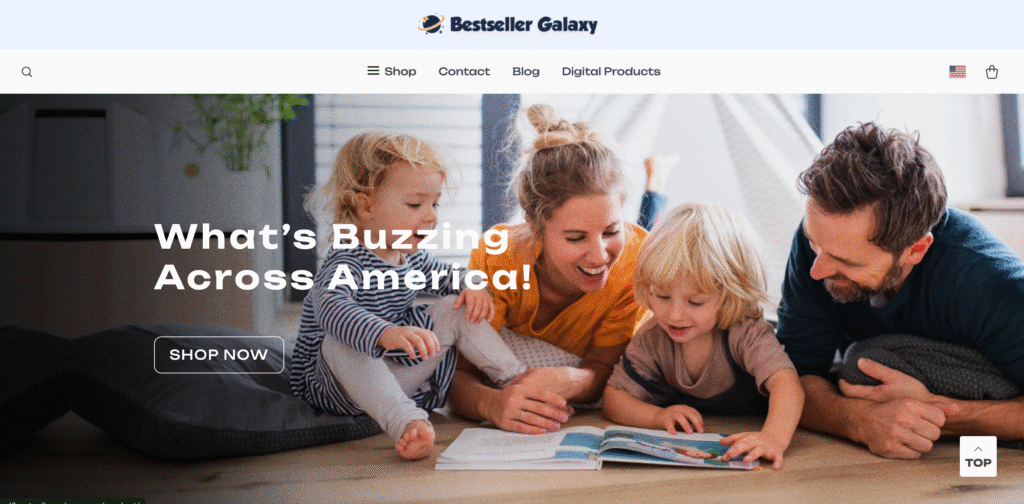Let’s be honest: the topic of education in business is a bit of a minefield. Everyone seems to have an opinion, and the internet’s full of conflicting advice. Some people swear by their MBA, saying it gave them the tools and confidence they needed. Others wave it off and point to the likes of Steve Jobs or Mark Zuckerberg, saying “See? You don’t need a degree to build an empire.”
But as with most things in business, the truth lies somewhere in between. A diploma alone won’t make you rich, but neither will skipping college magically turn you into the next big success story. What really matters is how you use what you’ve got, whether that’s education, experience, or just plain grit.
So in this article, we’re not going to hand you a one-size-fits-all answer. Instead, we’ll take a closer look at the myths surrounding education and entrepreneurship, weigh the pros and cons of having a degree, and finally, share our own take — especially if you’re thinking about starting your journey with a ready-made store from Offiro.
The myth of billionaires without degrees

You’ve probably seen it in every business-movie, startup documentary or late-night podcast: someone drops out of college, slams the door, and goes on to build an empire. It’s a romantic story, right? After all, who doesn’t love the overnight genius-rebel who skips class and issues stock options by lunch? Pop culture loves this sound-bite: “Forget the diploma, just hustle.”
But before you swallow that narrative, let’s press pause. Because although there are celebrity stories of successful folks without degrees, the deeper story is more instructive.
What does the data say?
A paper titled “Built, Not Born: How Education Predicts Billionaire Wealth” (via Social Science Research Network) looked into 100 self-made billionaires in the U.S. and found that education, especially a college degree, is a “strong and consistent predictor” of wealth accumulation.
Other analyses of the Forbes 400 ( the 400 richest Americans) suggest that around 80% to 85% of that group hold at least a bachelor’s degree.
In short: the statistics are against the myth that formal higher education is dispensable for reaching the top.
So why does the myth persist?
Well – my suspicion — it’s classic survivorship bias. We only hear the outliers: the drop-outs who made it. What we don’t hear about are the hundreds of thousands who left school early, tried to build something, and never broke through. The ones who failed quietly don’t get filmed.
Also: even many of the so-called “drop-out” billionaires benefited from a lot of what a college brings: they had access to elite networks, mentoring, idea exposure, and environments conducive to big thinking. So it’s not always accurate to say “no education, big success», since often it’s “college–environment, early exit, big success”.
Quick fact-check side note:
Let’s take the oft-used example — Bill Gates. Yes, he left Harvard University to build Microsoft, so he didn’t complete the traditional degree-path. But in 2007 Harvard awarded him an honorary Doctor of Laws degree. So technically he does hold that honorary degree, which doesn’t change the fact he built something huge, but it does mean we should be precise when we cite his “no-degree” status.
The myth of C students being better entrepreneurs

The “C student vs. A student” legend is right up there with “college dropouts turned billionaires.” The story goes something like this: the A student studies hard, plays by the rules, and climbs the corporate ladder. The C student rolls their eyes at the system, barely passes their exams, and ends up owning the company that the A student works for.
It’s a fun narrative and the media loves it. There’s something deeply satisfying about the underdog who bends the rules and wins big. Movies and motivational TikToks adore the rebel who doesn’t chase grades but chases ideas instead. The one who doodled business plans in their notebook instead of taking notes.
But — as you’ve probably guessed — the truth is a bit more nuanced.
A students often are perfectionists. They like structure, clear goals, and certainty. And that’s not a bad thing at all — it’s just that business doesn’t always play by those rules. When you run your own venture, you can’t wait for the “right moment” or a guaranteed result. You need to make decisions in real time, adapt on the go, and learn from the mess as much as from the wins.
C students, on the other hand, are often portrayed as more flexible, creative, or risk-tolerant, but that’s not because of the letter on their report card. It’s about personality. Grades might show how well someone fits into a school system, not how they’ll perform when building something from scratch.
And when we looked for solid data we couldn’t find any reliable study proving that academic performance directly predicts entrepreneurial success. Maybe it’s comforting to think your GPA tells your future, but in reality, it’s just one tiny data point in a much bigger picture.
So maybe the real takeaway isn’t that C students make better founders, but that neither grades nor degrees define your path. It’s curiosity, resilience, and a willingness to get things wrong that really count.
The pros and cons of having a degree

Like most things in life, education isn’t just black or white. Some people thrive in an academic environment, others find it too slow or rigid. And both sides have a point. Let’s take a look at what formal education brings to the table and what it doesn’t.
✅ For: A deeper understanding of your business
The more you know about your niche, the better your decisions will be. If you sell something highly specific — say, skincare with dermatological formulas or eco-friendly tech products — a solid academic background can be a serious advantage. You’ll speak the same language as your customers, understand their pain points, and earn their trust faster.
And let’s not forget the practical side: even the simplest online store deals with taxes, reports, and maybe an occasional message from a government agency. A bit of knowledge in economics, accounting, or law can save you from a few gray hairs later on.
❌ Against: Too much theory, not enough reality
Truth is, not every degree is created equal. Many programs are heavy on theory and light on practical application. You might graduate knowing how to write a perfect essay about “consumer behavior,” but not how to set up a product page that actually converts.
Sometimes, the fastest way to understand a niche is to jump right in. Real-world experience teaches faster and often more effectively than years behind a desk. No college can fully teach you how to feel the market or adapt to sudden changes.
✅ For: The people you meet
University isn’t just about lectures and exams — it’s also about the people you meet there. Friends, mentors, professors can shape your future in ways you don’t expect. A classmate can become your co-founder, an advisor can open doors you didn’t even know existed.
❌ Against: The time trade-off
Let’s be honest, four years is a long time especially in a fast-moving world like ours. Many business skills don’t take years to learn. With the right focus, you can pick up most of the essentials — marketing, analytics, basic accounting — in a few months of hands- on practice.
Online courses, mentorships, and, well, running an actual store give you that experience much faster. And if you hit a wall in one area, you can always find ( or hire) someone who knows that part better.
✅ For: Some fields truly require it
If your dream is to sell something technical — medical supplies, engineering software, or biotech products — you can’t wing it. You’ll need real academic knowledge and the credibility that comes with it. Education isn’t a formality in those niches, but the entry ticket.
❌ Against: Business is about people
Degrees don’t automatically teach empathy, intuition, or understanding human behavior, yet these are the very skills that make a good entrepreneur. You can’t memorize your way into knowing what motivates a customer. You learn it by talking, observing, and occasionally failing spectacularly.
✅ For: Learning how to learn
College can train you to process information efficiently: to search, filter, verify, and apply what matters. That’s a skill that lasts. In business, the ability to learn quickly ( and unlearn what doesn’t work) is pure gold.
❌ Against: The world’s changed
We live in an age of smart tools and automation. With AI assistants, templates, and analytics dashboards, a lot of what used to require deep technical training is now accessible in a few clicks. If you master those tools — and Offiro’s ecosystem gives you plenty of them right out of the box — you can skip years of formal education and still run your business effectively.
✅ For: The foundation for future growth
Even if you forget 80% of what you learned in class ( and most of us do), the process itself gives you structure. Education helps you see how things connect, how systems work, and how ideas evolve. That mental framework becomes the foundation you’ll build the rest of your business knowledge on.
Education Isn’t Necessary, But It Can Give You a Head Start
A degree doesn’t guarantee success, but it can help you build it.
College or university won’t make you an entrepreneur, but it gives you a framework, a mental map to build your skillset on. You learn to analyze, to structure, to think in systems and that’s something every founder eventually needs. Even if the formulas and lectures fade away, the mindset often stays.
Learning to learn
In business, the trick isn’t to know everything, but knowing how to learn. Markets change fast, trends shift overnight, and even the most stable industries reinvent themselves every few years. If you can pick up new tools quickly, adapt your strategy, and see where the wind’s blowing before everyone else, you’re already ahead.
The degree data
Let’s not forget: most of the world’s wealthiest entrepreneurs do hold a degree. Whether it’s business, engineering, or design, their university years gave them something valuable: contacts, mentors, and a way to think critically. For many, that academic environment was the incubator for their first big idea.
When education really matters
Of course, some fields simply require formal education. If you’re dealing with healthcare products, financial consulting, or anything with complex regulations, a strong academic background is necessary. You need credibility, deep understanding, and the confidence that comes with knowing your stuff inside out.
There’s more than one way to get educated
But if you don’t have a degree — that’s perfectly fine. These days, education takes many forms. You can learn from online courses, mentorship programs, or just by doing. Practice is one of the best teachers out there. And if you ever decide to go back for that MBA, it’ll make even more sense once you already have real experience under your belt.
Business is a team sport
No one knows everything. And they don’t have to. The smartest entrepreneurs build teams that fill the gaps in their own knowledge. At Offiro, we see this every day: new store owners who come in with great energy but limited experience. Our experts back them up: from marketing to analytics to scaling strategy, we make sure they have the support they need to grow fast and avoid rookie mistakes.
So, degree or not — Offiro’s got your back
You don’t need a diploma to start a business, but you do need a starting point. And that’s exactly what Offiro gives you.
You get knowledge, support, and a business that’s already proven to work — no lectures required.
So whether you’re a recent graduate, a college drop-out, or someone who’s been out of school for decades, remember: education is great, but execution is better.
And Offiro’s here to help you with both.

















